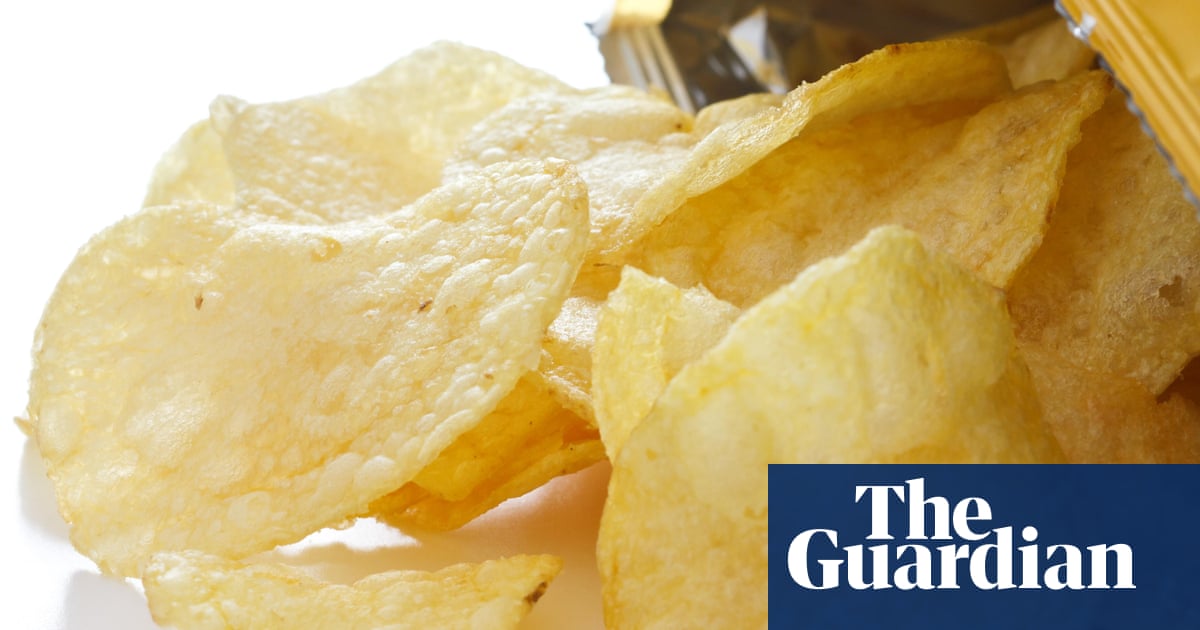Ministers are to delay the ban on junk food adverts targeting children until 2026, sparking outrage among health campaigners.
Labour had vowed to implement new rules prohibiting unhealthy food ads online and before 9pm on television in a key election manifesto pledge. After winning power, it promised the ban would come into force across the UK on 1 October.
But the legislation has now been shelved until January next year after lobbying by the food industry.
The world’s largest manufacturers of ultra-processed food and other unhealthy products had raised concerns that branded ads not featuring specific items would also be affected by the ban.
As a result, ministers have agreed to amend the law to ensure brand-only advertising, which does not show products high in fat, salt or sugar (HFSS), is not caught under the rules.
In a statement on Thursday, the minister for public health, Ashley Dalton, said: “I am announcing today that the government intends to make and lay a statutory instrument (SI) to explicitly exempt ‘brand advertising’ from the restrictions.
“The SI will provide legal clarification on this aspect of the existing policy, as it was understood and agreed by parliament during the passage of the health and care bill. This will enable the regulators to deliver clear implementation guidance and mean that industry can prepare advertising campaigns with confidence.”
Some firms have offered to voluntarily implement the ban from October. But to allow time for consultation on the SI, the legal ban will not take effect until 5 January, Dalton said.
The chief executive of the Royal Society for PublicHealth, William Roberts, said the delay was a “huge setback” for public health.
“We can’t afford to put off children’s health or allow for the measures in the original proposals to be watered down. A key part of preventing ill health is giving people access to healthier choices and restricting the advertising of junk food to children and young people is core to this.”
Nikita Sinclair, head of the children’s health and food programme at Impact on Urban Health, said the delay was extremely disappointing.
“This move gives the green light to food and drink companies to continue to bombard our children with unhealthy options in the places they spend their time. At a time when government should be acting to protect children’s health, this delay completely undermines the stated commitment to creating the healthiest generation of children ever.”
Wes Streeting, the health secretary, has previously criticised the Conservative party for delaying the junk food ad ban, which was shelved by Boris Johnson and Rishi Sunak. “The Conservative party has chickened out of acting on junk food advertising time and time again, despite obesity costing the NHS billions and having terrible effects on the health of our children,” he said in May 2024.
The latest delay comes aschildren across the UK are getting shorter, fatter and sickeramid an epidemic of poor diets.
Theaverage height of five-year-olds is falling, obesity levels have increased by almost a third and the number of young people being diagnosed with type 2 diabetes has risen by more than a fifth. Aggressive UPF marketing is a key driver of the “significant decline” in children’s health, research shows.
On Saturday, the Guardian revealed howRishi Sunak’s government dropped legal guidanceurging retailers to offer deals on healthy food after a lobbying campaign by the world’s largest manufacturers of UPF.
Rob Percival, head of food policy at the Soil Association, said: “This is the second time in a week that we’ve seen health officials bow to industry lobbying. Our investigation with the Guardian found that junk food manufacturers are pressuring the government to adopt junk health policy, and the price will be paid in the public’s health.
“It’s essential that the government resists the UPF lobby and ensures the upcoming food strategy makes it easy for everyone to enjoy a healthy, minimally processed diet.”
